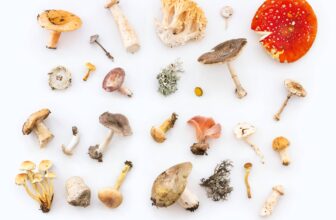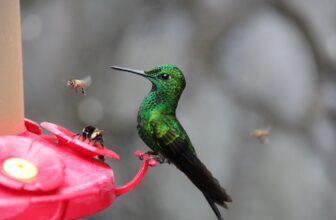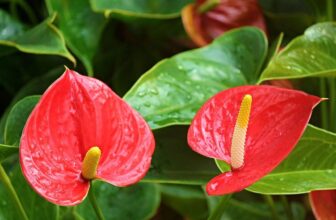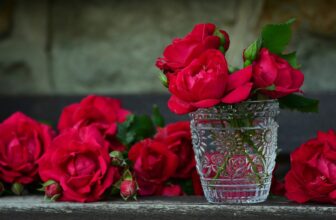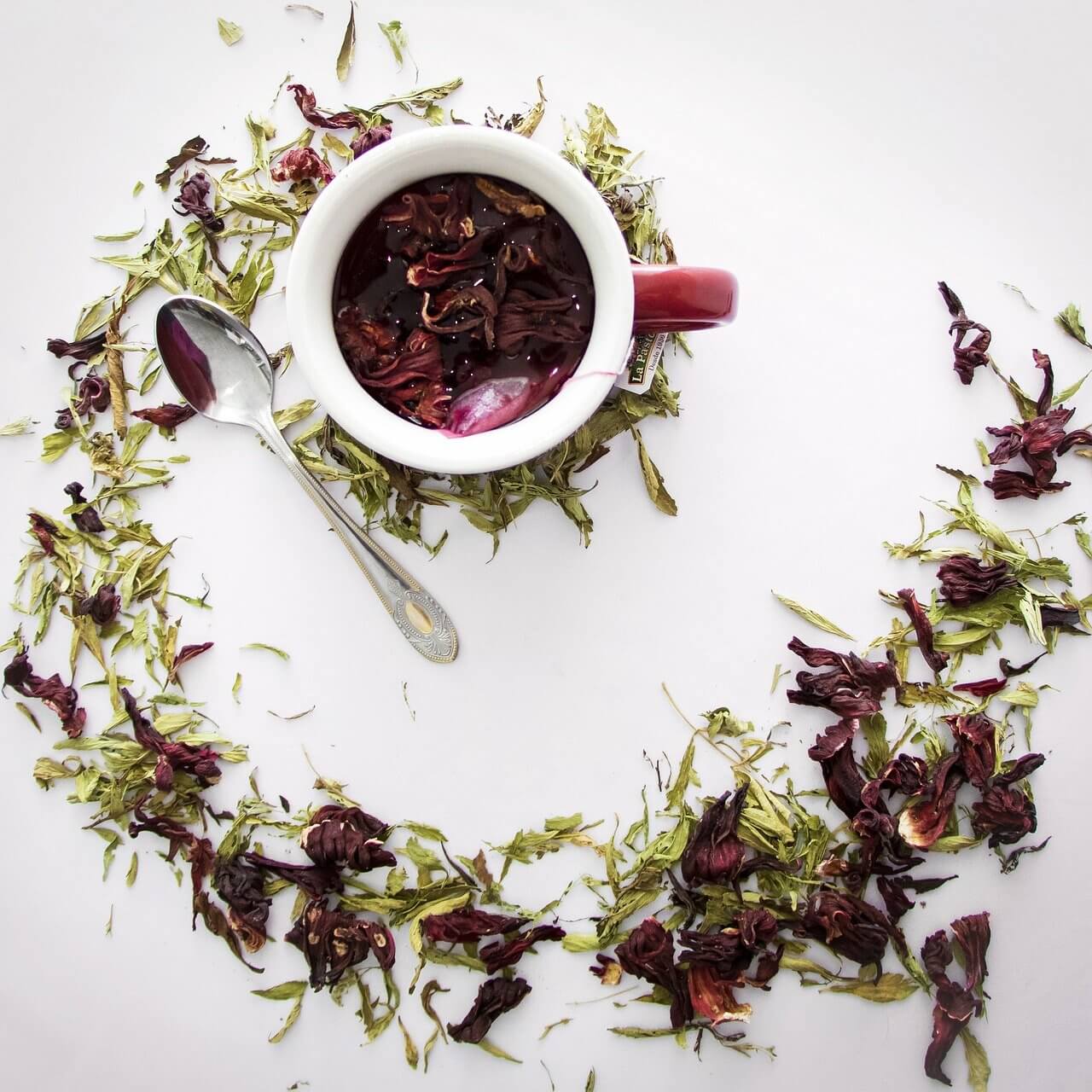
wpsm_toggle title=”Table of Content “]
[/wpsm_toggle]
The hibiscus flower is often used as an ingredient in numerous food and beverages around the world, one of the most popular being hibiscus tea. It’s made from the extracted juice of the hibiscus flower (hibiscus sabdariffa) and is rapidly gaining popularity in many countries.
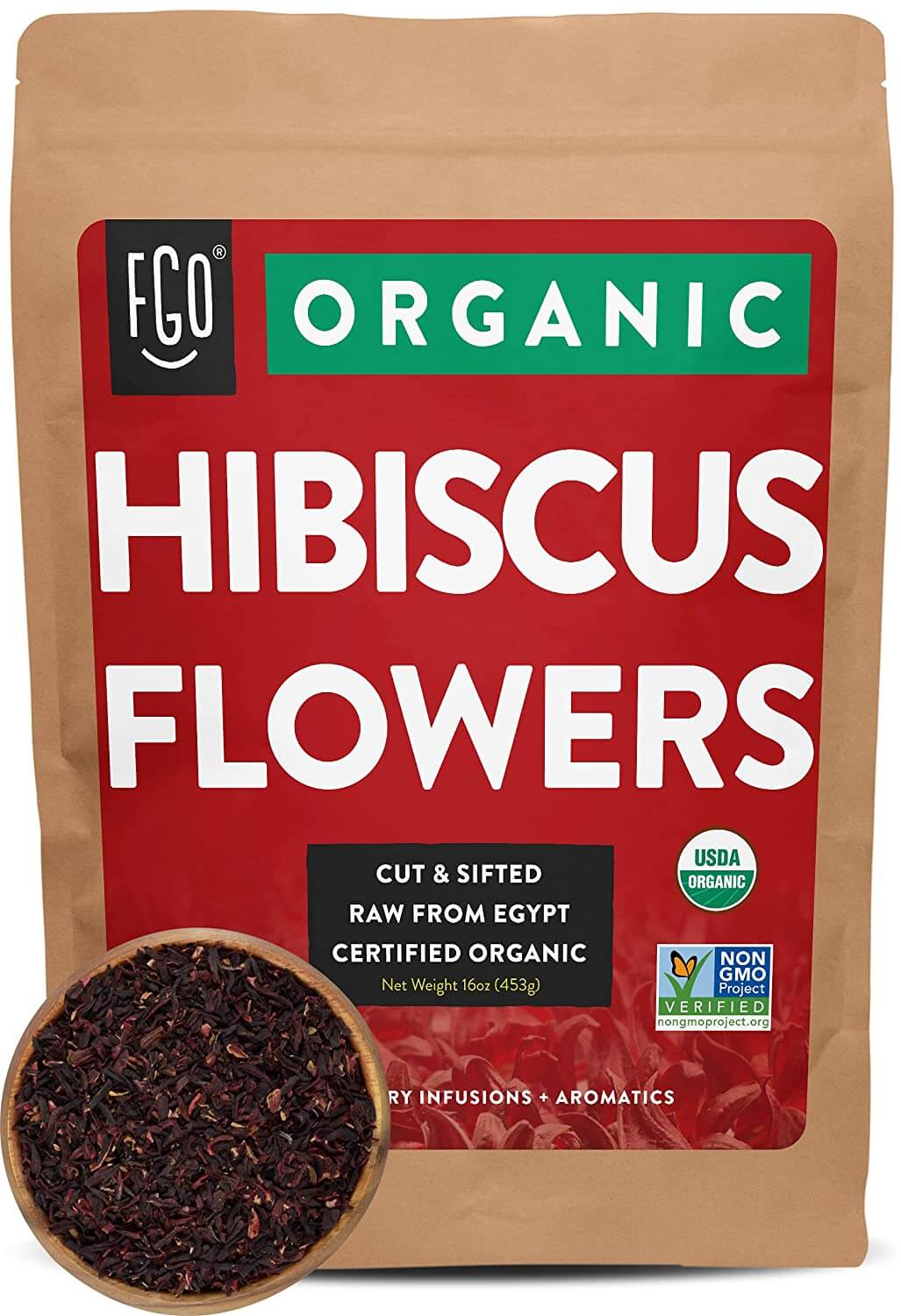
Hibiscus tea has a unique flavor of sweetness and tartness that’s quite similar to that of the cranberry and it also has many health benefits. It’s been known to have soothing effects on anyone who drinks it with its sweet-scented aroma which increases its herbal value.
Here’s a look at the various uses of hibiscus tea, how it’s made, and the history behind it.
The History of Hibiscus Tea
The hibiscus sabdariffa plant is native to Africa, where it’s said to have originated. Throughout history, Africans have used this tea to treat cancer, liver conditions, constipation and even as a simple remedy for cold.
Hibiscus tea is known by various names throughout Africa including the following:
- Jamaica: it’s known as agua de Jamaica
- Nigeria – zobo
- Ghana – sobolo
- Senegal – bissap. It’s also known as the national drink of Senegal.
The use of hibiscus tea spread to many other countries for various purposes. The Egyptians use it as a remedy for various heart and nerve diseases, to lower body temperature and to increase urine production. Ancient Egyptians called it “karkade” and it was the preferred drink of pharaohs who enjoyed it as a cooling beverage. At some Egyptian and Sudanese weddings, a toast of hibiscus tea is still considered an important ceremonial tradition.
According to various sources, the worldwide spread of hibiscus tea began with the African slavery ships which transported the hibiscus sabdariffa around the world. With that, many other countries and tropical regions began cultivating the plant and making tea. These countries include North America, South America, Asia, Australia, and even Europe.
How Is It Made?
Making hibiscus tea is almost the same as making regular tea. It can be brewed easily by steeping dried or fresh sepals of the hibiscus flower (the leaves that encase the flower petals) and petals in the boiling hot water for about 6 to 10 minutes.
Many food lovers and culinary experts around the world have created and developed numerous recipes and flavors using hibiscus tea with many other ingredients. Although it was originally a type of herbal tea, it’s now being made and served according to various indigenous and individual recipes worldwide.
Many of those who enjoy hibiscus tea add sweeteners such as honey, syrup, sugar, and vanilla to increase the sweetness of the tea. Some add lemon, orange, or lime to maximize its rich, tangy flavor. Others prefer to brew it with different spices and herbs such as ginger, cloves, star anise, cinnamon, nutmeg, and mint or bay leaves.
Many hotels and restaurants in Africa, Latin America and Caribbean are famous for offering special cocktails, punch, and cold beverages which are made by mixing hibiscus tea with different types of alcohol.
Today, there are numerous types of hibiscus tea available online, manufactured and distributed by various brands and companies. For instance, certain beer companies produce their own unique hibiscus tea concoctions which they sell on a large scale throughout the country.
Pros and Cons of Hibiscus Tea
As mentioned above, hibiscus tea comes with many health benefits including the following:
- It lowers high cholesterol levels
- Brings down high blood pressure
- It contains vitamin C, iron, and some other minerals
- Includes numerous antioxidants
- Helps in controlling anxiety
- Has soothing effects
- Improves digestion
- Minimizes the risk of liver and kidney diseases
- Boosts immunity
- Reduces the inflammatory issues
- Contains anticarcinogens which can reduce the risk of cancer
- Enhances metabolism
- Aids in weight loss
- Improves heart and skin health
- Can minimize menstrual pains
While hibiscus tea has its many health benefits, it also has its downsides. When consumed in large quantities, it can cause serious health problems. Here’s a look at the cons of hibiscus tea:
- Hibiscus tea can cause a sudden and excessive drop in blood sugar levels
- When taken daily for a prolonged period of time, it can cause liver damage
- Other side effects include nausea and tinnitus (a ringing sound in the ears)
- It can affect estrogen levels, causing a negative impact on the menstrual cycle
- It can even induce preterm labor
- HIbiscus can cause various allergies when consumed with other medicines or on its own which is why it’s contraindicated in those who are already under medication and those with allergies
The Take Away
Hibiscus tea can improve health in numerous ways. However, it should be taken in moderation since it can cause negative effects on the body as well. Hibiscus tea can improve health in numerous ways. However, it should be taken in moderation since it can cause negative effects on the body as well. You can drink it any time you like and it makes an excellent, refreshing beverage that can be drunk either hot or cold.
FAQs
Here are some of the most frequently asked questions about hibiscus tea:
- Is it safe to drink hibiscus tea everyday? Hibiscus tea is generally a safe beverage when drunk in moderation. However, if overused, it can cause certain health problems. One cup a day is usually considered as safe.
- What are the side effects of hibiscus tea? Side effects of consuming too much hibiscus tea include: constipation, dizziness, tinnitus, or decreased blood sugar levels.
- Is hibiscus tea good for skin? Since the hibiscus flower is rich in antioxidants called anthocyanocides, its tea has an anti-inflammatory effect and can help soothe inflamed skin.
- Is it good to drink hibiscus tea at night? Hibiscus tea has been known to regulate the sleep-wake cycle due to its melatonin content. It an also promote sleep.
- Is hibiscus tea anti aging? Yes, hibiscus tea has excellent anti-aging benefits since it has enzymes that can maintain the elasticity of skin.
- Is hibiscus tea good for hair growth? Hibiscus tea is rich in amino acids which can stimulate hair growth. It also conditions the scalp, making hair look healthy and shiny.



